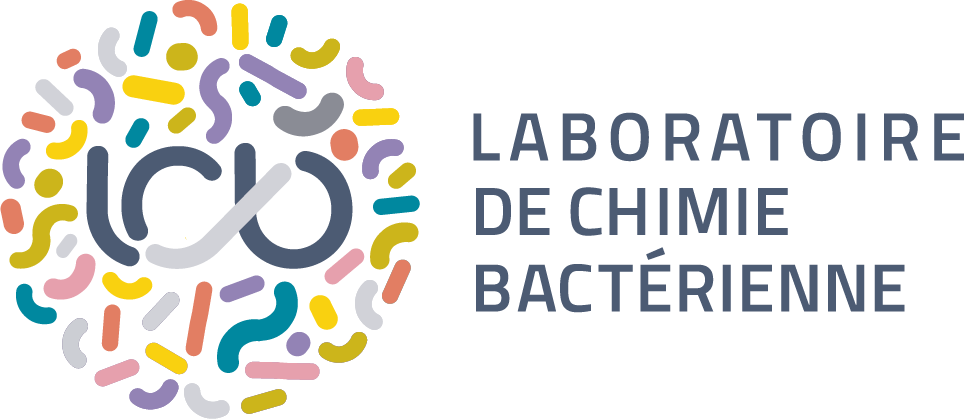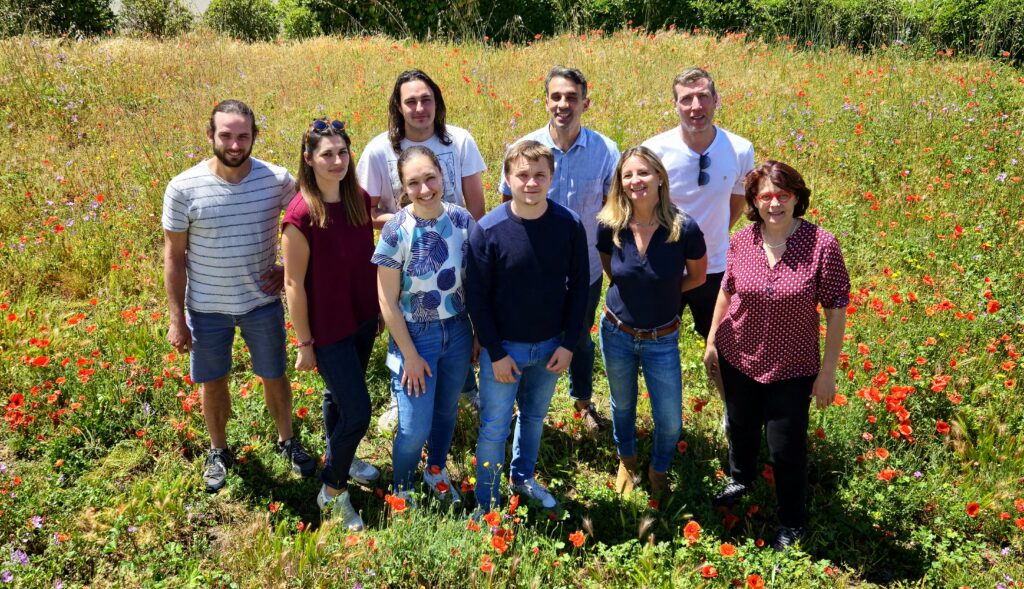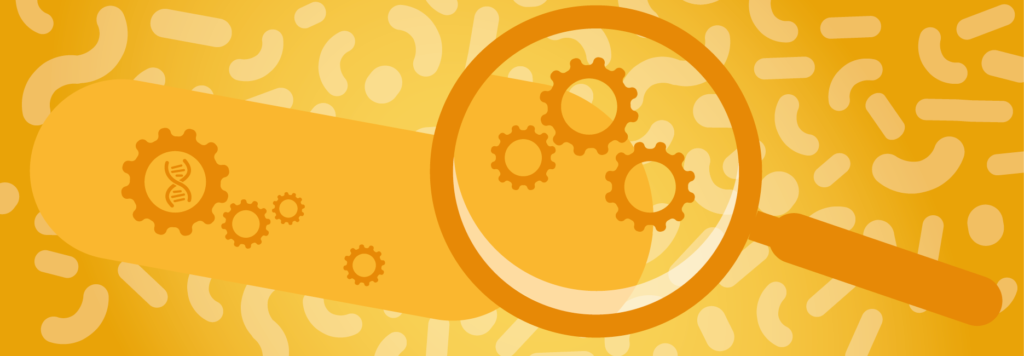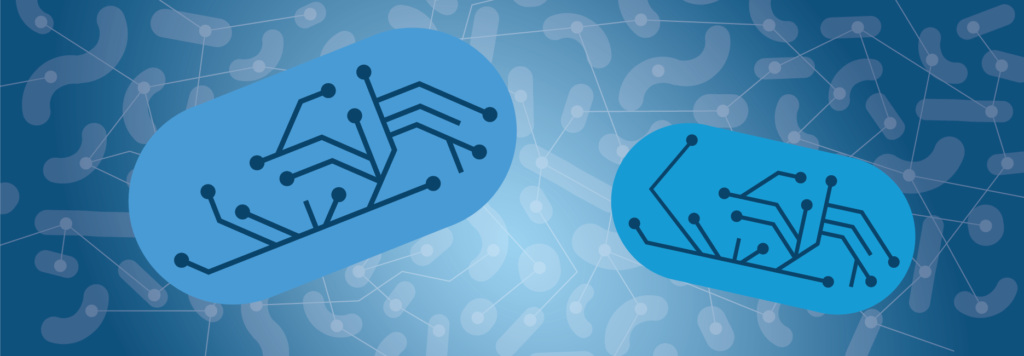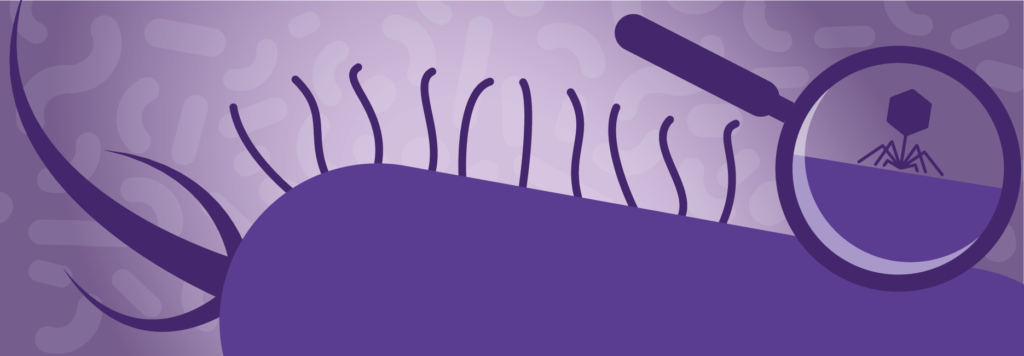Offre de Thèse – Biosynthèse, Rôles et Potentiels Biologiques des Métabolites Spécialisés de la bactérie du sol Myxococcus Xanthus
Offre de Thèse Explorez l’univers caché des métabolites spécialisés : une thèse à la croisée de la microbiologie, de la chimie et de l’écologie. Rejoignez



